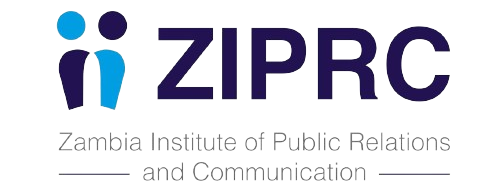2.7 Cessation through Default
Any member who abrogates provisions of the Act as provided for under Section 23 ceases to be a practising member of ZIPRC and shall be required to surrender any property of ZIPRC in their possession.
2.8 Situational Analysis
The situational analysis assisted ZIPRC to determine and understand the Institute’s strengths and weaknesses, and appreciate opportunities and threats that would affect its operations. It provided a window through which ZIPRC Management would understand what was really happening within its business field of public relations and communication practice as well as assisted in developing its business strategy. Additionally, the situational analysis provided a solid foundation for designing and developing ZIPRC business strategies which would be the bedrock of this Strategic Plan.
The Strengths, Weaknesses, Opportunities and Threats (SWOT) analysis tool was used in scanning and analysing both the internal and external environment in which ZIPRC operates.
Strengths | Weaknesses | Opportunities | Threats |
1) Skilled and experienced human resources from membership and ZIPRC Council 2) Established Secretariat 3) Developed systems and procedures to support operations of ZIPRC 4) Availability of office space 5) ZIPRC is an Institute supported by Act of Parliament 6) Consistently holds professional trainings and conferences 7) Affiliations to regional and international professional PR bodies 8) Increased brand visibility on traditional and online media as well as among stakeholders 9) Increased willingness from members to acquire practising licences | 1) Inconsistent membership payments. 2) Inadequate staff to manage Secretariat 3) Rented Office space 4) Low resource mobilisation programmes to raise revenue. 5) Skills gap among members 6) Centralised secretariat (issuance of practising licence, ZIPRC activities, etc)
| 1) Good will from Government 2) Considered as an opinion leader on professional matters 3) Existing partnerships with related international bodies 4) Increasing number of PR and Communication practitioners in Zambia 5) Strategic partnerships with institutions of higher learning that are offering PR and Communication studies 6) Stable political environment 7) Advent of ICT innovations to enhance communication and training | 1) Unstable economic indicators 2) Overlapping membership where members ascribe to other professional bodies 3) Rented Office space 4) Outbreak of Pandemics 5) Impact of Climate Change 6) Changes in regulatory framework 7) Regional and continental instability |
